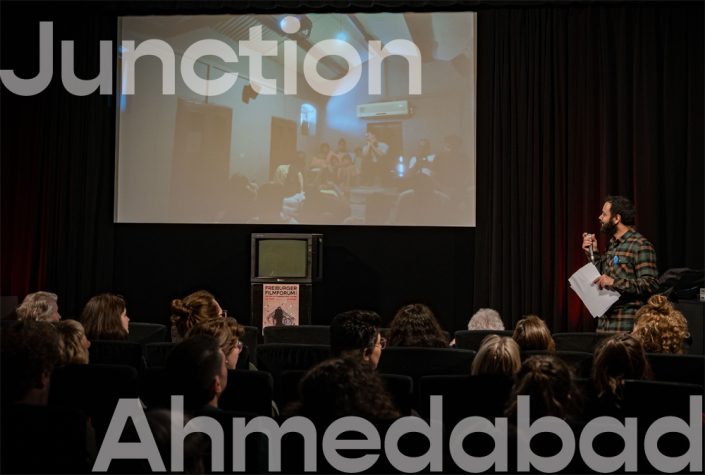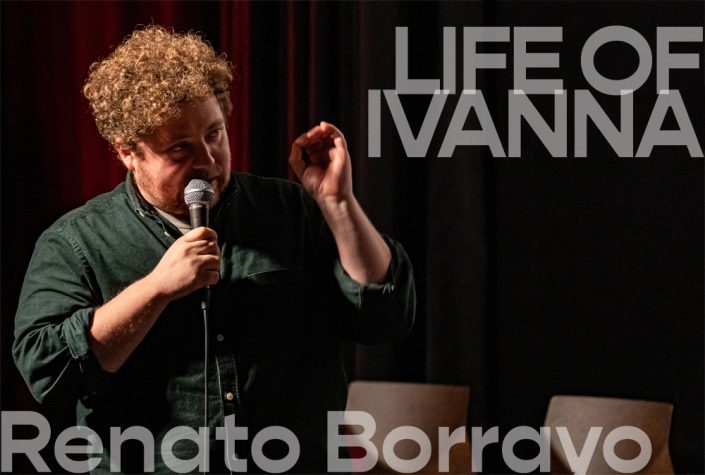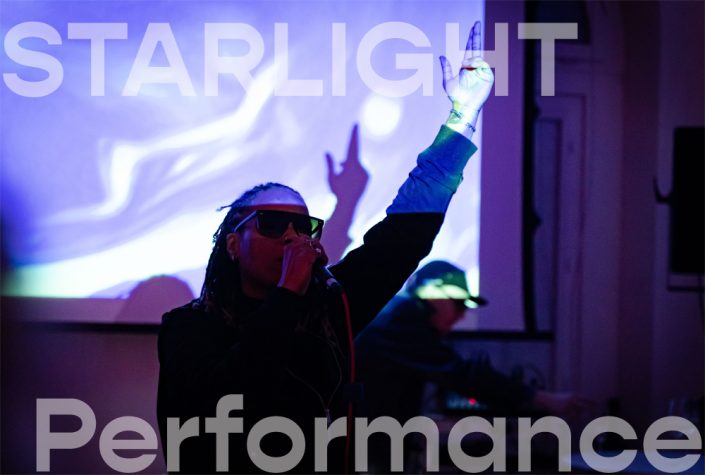THE HOMES WE CARRY portrays a family torn apart by the turmoil of world history between Germany, Mozambique and South Africa. At the centre is Sarah, a young Afro-German mother. She wants her daughter to have the relationships she lacked as a child. Therefore, she travels with her to Africa, where her father and the child’s father are waiting for them. But meeting Luana’s father, who suddenly has to grow up when Sarah shows up at the door with his daughter, presents them with significant challenges.
Meanwhile, Sarah’s father, Eulidio, recalls the Mozambican contract workers’ almost forgotten and unjust history in the former GDR. In his nostalgic daydreams, he returns to the origins of his European family and their sudden separation - a fate he shares with many other German-Mozambican families.
Fitting in and family are often not as synonymous as they should be. Especially when putting the two in sync means traversing different timelines, different economic and racial realities. This is in addition to covering the geographic areas of Germany, Mozambique and South Africa. For Sarah, a young Afro-German mother, these difficulties must be overcome for the sake of giving her daughter a fighting chance to belong to a family she fits into. However, beginning this process by traveling with her daughter to Africa, shows Sarah the true nature of the challenges. Starting with her daughter’s father in Mozambique still trying to mature and her father in South Africa still trapped in the nostalgia of the unjust history of Mozambican Contract workers in the former German Democratic Republic(GDR).
As an observational documentary, Brenda Akele Jorde skillfully shows the complication, the difficulty and the injustice that can pervade lives generation after generation. With the lens of her camera, she shows how nuanced it can be to grapple with issues of accountability, responsibility, belonging and most importantly family.
(Ulan Garba Matta, students’ platform)









